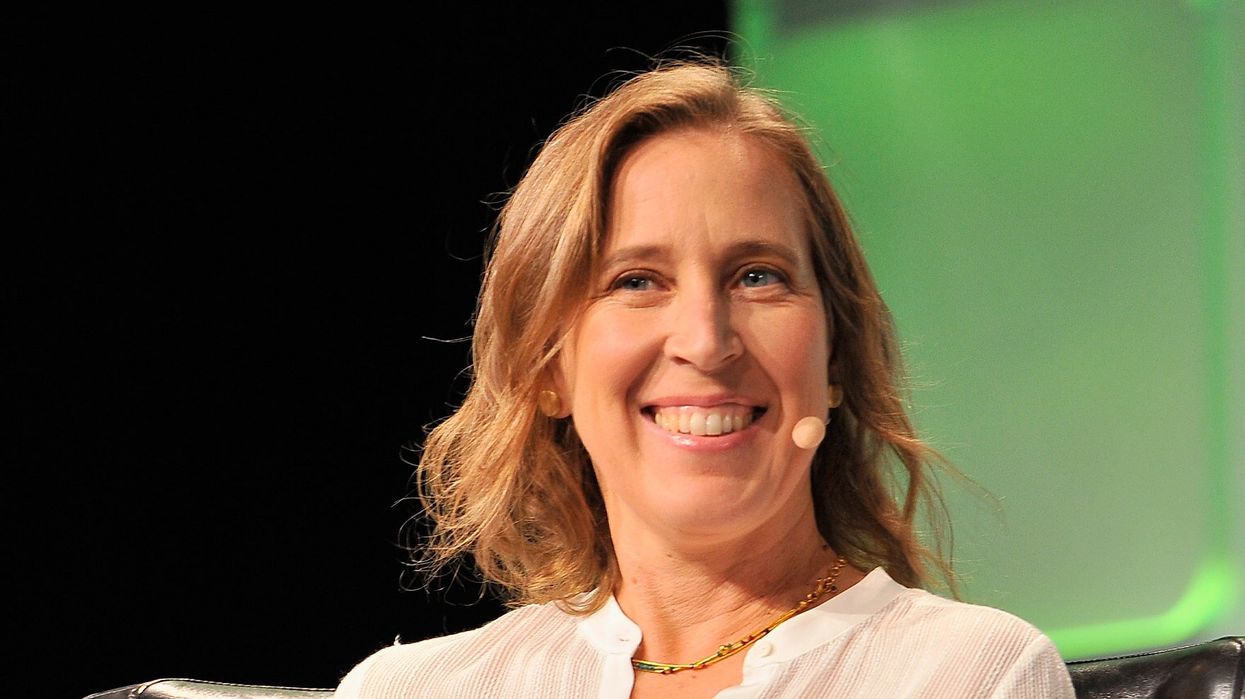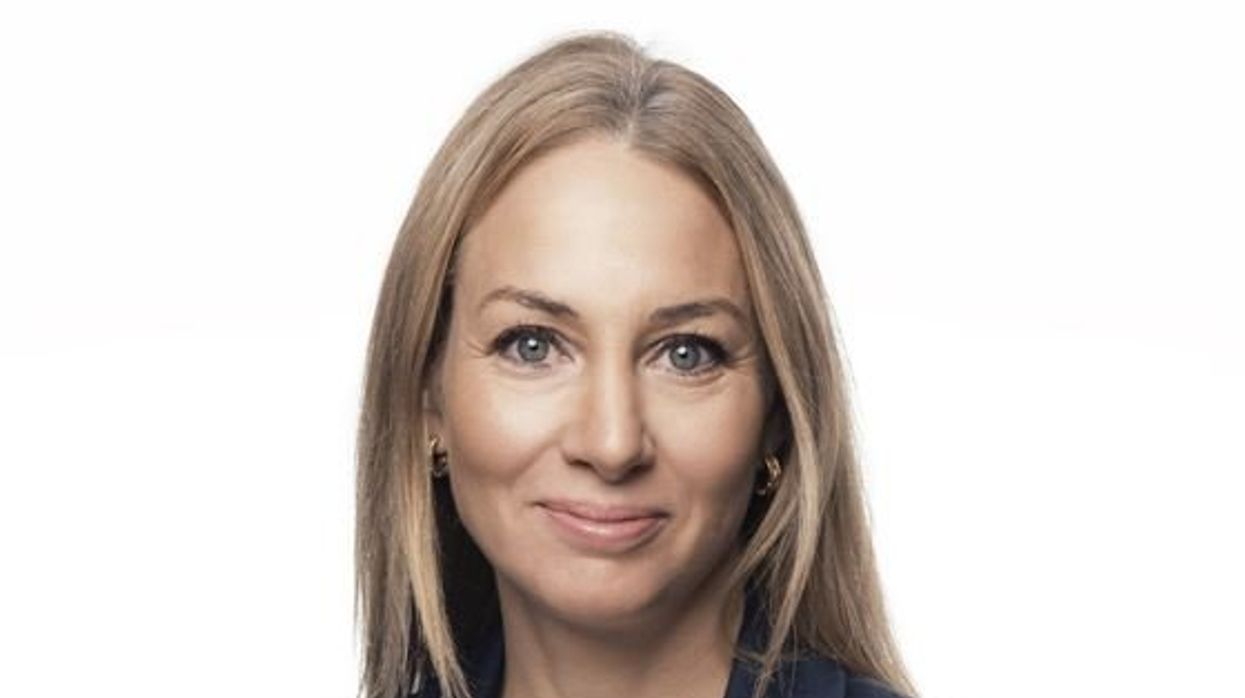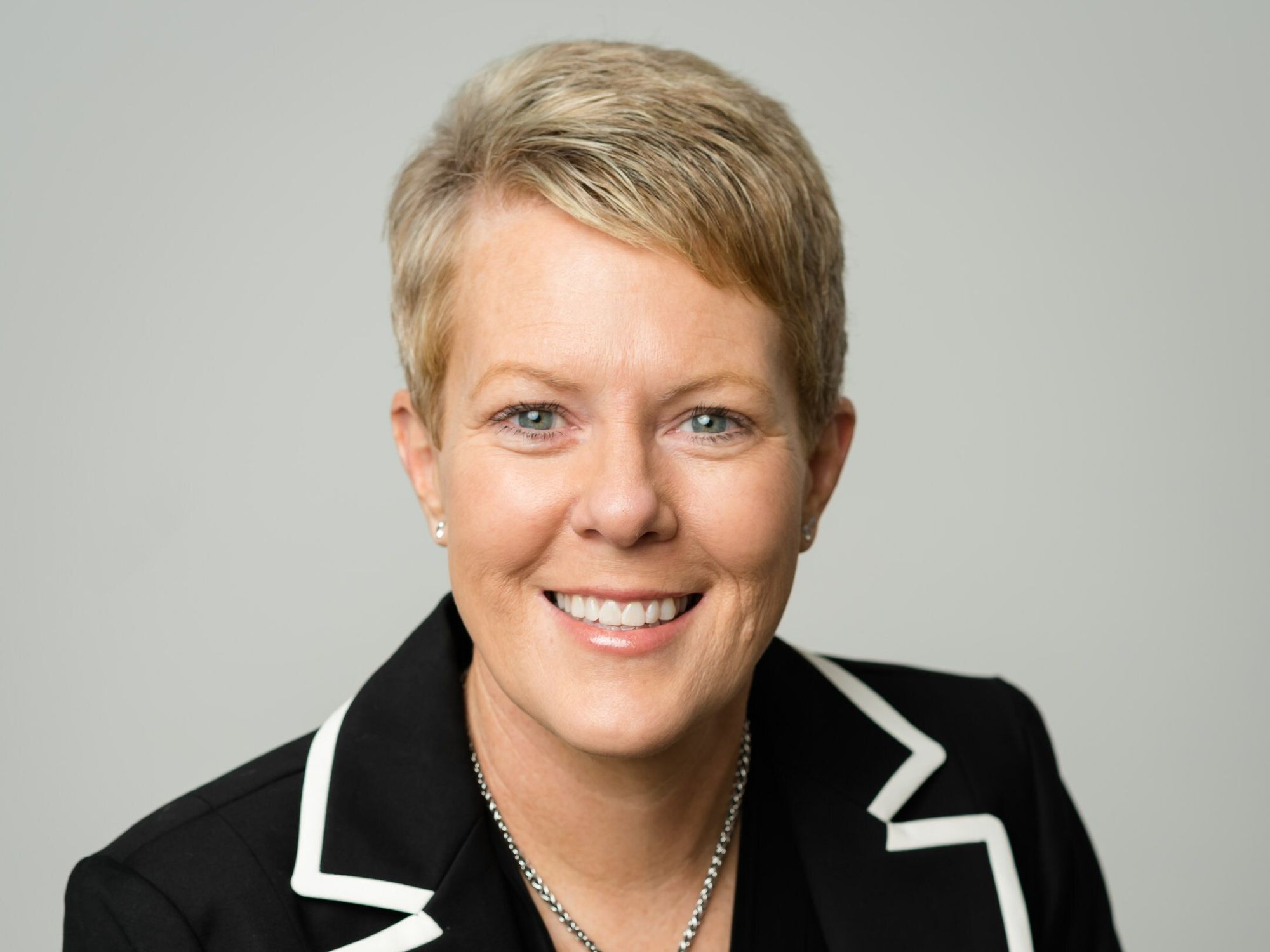Careers
22 February 2023
Key leaders depart at Nike, YouTube, Kroger
On the Move has updates from Essity, YETI and Ocean Spray.

Susan Wojcicki is departing YouTube. (Photo by Flickr user TechCrunch, used under a Creative Commons license).
On the Move has updates from Essity, YETI and Ocean Spray.

Susan Wojcicki is departing YouTube. (Photo by Flickr user TechCrunch, used under a Creative Commons license).
This week brings high-profile departures at YouTube, Nike and Kroger. Meanwhile, YETI, Ocean Spray and Swarovski all have new financial chiefs.
Susan Wojcicki is departing the top role at YouTube after nine years in the role. Wojcicki joined Google 25 years ago, and worked on a variety of initiatives and products, including Google Image Search, AdSense, DoubleClick and served as SVP of Ads. Wojcicki is leaving to “start a new chapter focused on my family, health, and personal projects I'm passionate about.” Neal Mohan, who is currently serving as chief product officer, will step into the role as head of YouTube.
“With all we’re doing across Shorts, streaming, and subscriptions, together with the promises of AI, YouTube’s most exciting opportunities are ahead, and Neal is the right person to lead us,” Wojcicki wrote.
Ratnakar Lavu resigned as global chief digital information officer of Nike, Business Insider reported. An internal announcement was made on Monday, and did not give a reason for Lavu’s sudden departure. Lavu was previously the top tech executive at Kohl’s, and joined Nike in 2019. He has been with the company as it undertook a push to emphasize direct-to-consumer sales, powered by digital commerce that is accessed through Nike’s apps and experiences.
Bill Bennett is set to join specialty food-focused ecommerce platform Innovative Food Holdings as CEO. Bennett previously served as VP of ecommerce for Kroger, and prior to that worked in a variety of ecommerce and store leadership roles at Walmart. He will succeed Sam Klepfish, who is stepping down on Feb. 28.

Jessica Alm. (Courtesy photo)
Jessica Alm is joining hygiene and health company Essity as chief communications officer. Alm joins the Purex and Velvet owner from the industrial company Sandvik, where she served as head of group communications and other roles over the last 17 years. She succeeds Joséphine Edwall Björklund, who is taking on a new role as senior advisor after a decade.

Kristin Forney. (Courtesy photo)
Ocean Spray Cranberries appointed Kristin Forney as chief financial officer. Forney joins the CPG brand from Hain Celestial Group, where she served as SVP of finance for North America. She also held financial leadership roles at ConAgra Brands over 15 years.
Mike McMullen was named SVP, chief financial officer and treasurer at YETI. He is taking on the permanent position after serving as interim CFO since October 2022. McMullen joined the digitally native outdoor products brand in 2016, and helped to lead the company through its IPO in 2018.

David Wielemans. (Courtesy photo)
David Wielemans was named chief financial officer at crystal products maker Swarovski. He joins from Essilor/Luxottica, where he previously served in a co-CFO role. He succeeds Frederik Westring, who is currently serving as CFO ad interim and will depart at the end of June.
Campbell Soup Company CEO Mark Clouse offered thoughts on messaging amid inflationary shifts in consumer behavior.
After months of elevated inflation and interest rate hikes that have the potential to cool demand, consumers are showing more signs of shifting behavior.
It’s showing up in retail sales data, but there’s also evidence in the observations of the brands responsible for grocery store staples.
The latest example came this week from Campbell Soup Company. CEO Mark Clouse told analysts that the consumer continues to be “resilient” despite continued price increases on food, but found that “consumers are beginning to feel that pressure” as time goes on.
This shows up in the categories they are buying. Overall, Clouse said Campbell sees a shift toward shelf-stable items, and away from more expensive prepared foods.
There is also change in when they make purchases. People are buying more at the beginning of the month. That’s because they are stretching paychecks as long as possible.
These shifts change how the company is communicating with consumers.
Clouse said the changes in behavior are an opportunity to “focus on value within our messaging without necessarily having to chase pricing all the way down.”
“No question that it's important that we protect affordability and that we make that relevant in the categories that we're in," Clouse said. "But I also think there's a lot of ways to frame value in different ways, right?”
A meal cooked with condensed soup may be cheaper than picking up a frozen item or ordering out. Consumers just need a reminder. Even within Campbell’s own portfolio, the company can elevate brands that have more value now, even if they may not always get the limelight.
The open question is whether the shift in behavior will begin to show up in the results of the companies that have raised prices. Campbell’s overall net sales grew 5% for the quarter ended April 30, while gross profit margins held steady around 30%. But the category-level results were more uneven. U.S. soup sales declined 11%, though the company said that was owed to comparisons with the quarter when supply chains reopened a year ago and expressed confidence that the category is seeing a longer-term resurgence as more people cook at home following the pandemic. Snacks, which includes Goldfish and Pepperidge Farm, were up 12% And while net sales increased overall, the amount of products people are buying is declining. Volumes were down 7%.
These are trends happening across the grocery store. Campbell is continuing to compete. It is leading with iconic brands, and a host of different ways to consume them. It is following that up with innovation that makes the products stand out. Then, it is driving home messaging that shows consumers how to fit the products into their lives, and even their tightening spending plans.
Campbell Soup is more than 150 years old, and has seen plenty of difficult economic environments. It is also a different business today, and will continue to evolve. At the end of the day, continued execution is what’s required.
“If it's good food, people are going to buy it, especially if it's a great value,” Clouse said.